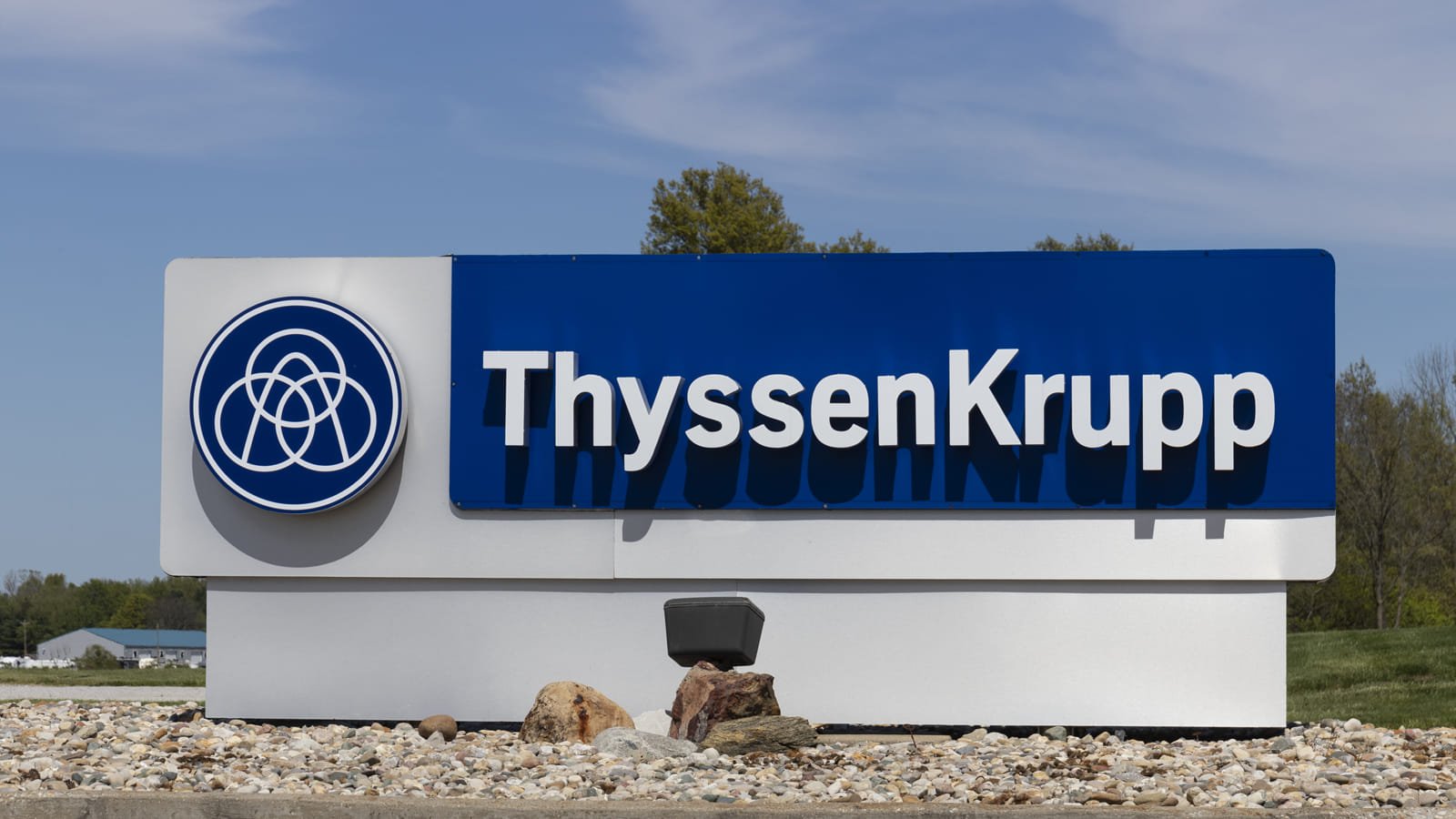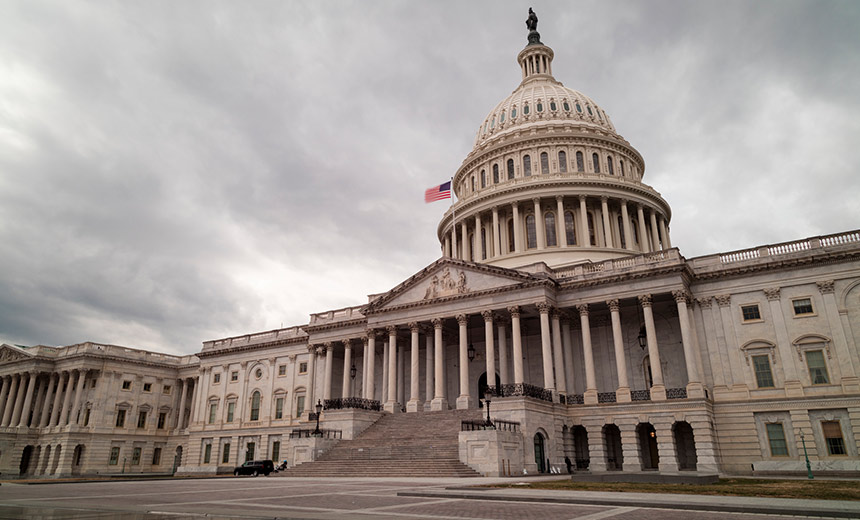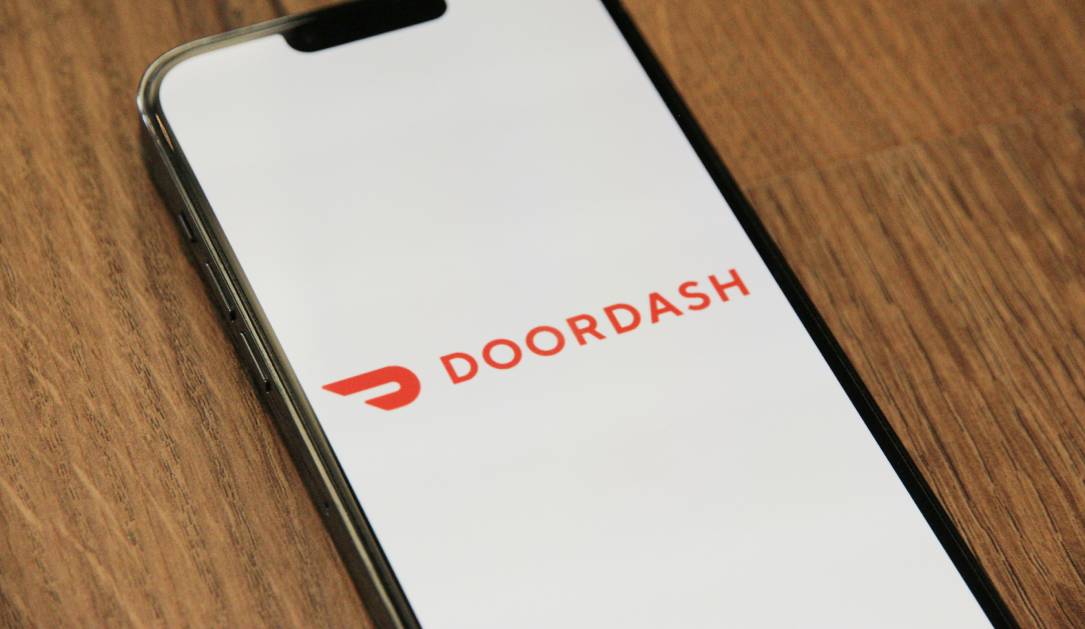The British privacy watchdog has ordered a leisure center contractor, Serco Leisure, to stop using facial recognition and fingerprint scanning to track employees at 38 leisure facilities.
ThyssenKrupp, a major steel producer and industrial engineering firm, experienced a cyberattack on its Automotive division, leading to a forced shutdown of IT systems as part of the response and containment measures.
The education sector faces significant cybersecurity risks due to factors such as BYOD culture, vast student data troves, and resource scarcity, making strong cybersecurity measures crucial.
The number of reported health data breaches and HIPAA complaints has been increasing, posing a significant challenge for the Department of Health and Human Services’ Office for Civil Rights to keep up with their workload.
The tool can be used to assess the robustness of large language model (LLM) endpoints against various harm categories, such as fabrication, misuse, prohibited content, security harms, and privacy harms.
The settlement includes a $375,000 civil penalty, a review of vendor agreements, and the requirement to provide annual reports on potential sale or sharing of consumer information.
Water and wastewater systems need to enhance their cybersecurity measures to protect against potential cyberattacks due to vulnerabilities in their operational technology (OT) and information technology (IT) systems.
The malicious packages contained scripts capable of stealing credentials from web browsers, downloading additional harmful scripts, and establishing connections to known North Korean threat actors.
Law enforcement’s takedown of LockBit’s infrastructure revealed 2,200 unspent bitcoins worth over $110 million, highlighting the extensive scale of the group’s operations.
The RCMP website was down due to the cyber incident, with pages being redirected to an install.php page that does not exist, indicating potential issues with website configuration.







